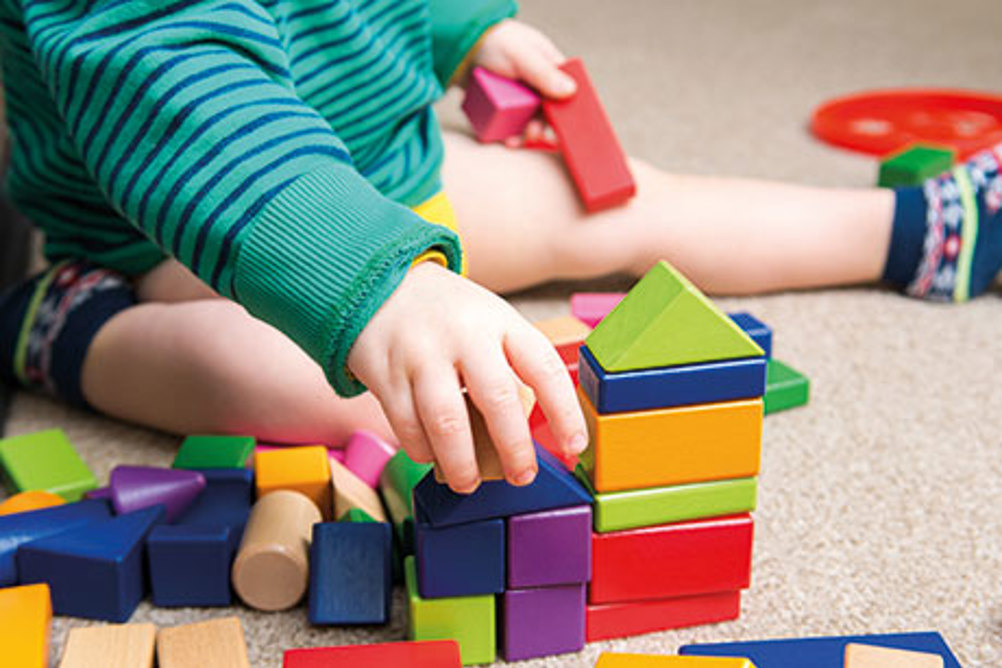
Follow their lead
Babies naturally look towards novel things and away from familiar objects or new ones that are too complex. Notice what they pay attention to and engage with their interests.
Elicit curiosity
When children drop something or throw it, they are trying to see what will happen next. Provide opportunities to interact with new objects and let them lead and learn.
Encourage playful exploration
Play is intrinsically motivating as it presents an opportunity for novel experiences and learning from others, requires active engagement, strengthens social bonds and reduces stress.
Prioritise social interactions
While children can learn from screens, even the best apps cannot replace real-life social interactions.
Register now to continue reading
Thank you for visiting Nursery World and making use of our archive of more than 35,000 expert features, subject guides, case studies and policy updates. Why not register today and enjoy the following great benefits:
What's included
-
Free access to 4 subscriber-only articles per month
-
Unlimited access to news and opinion
-
Email newsletter providing activity ideas, best practice and breaking news
Already have an account? Sign in here
